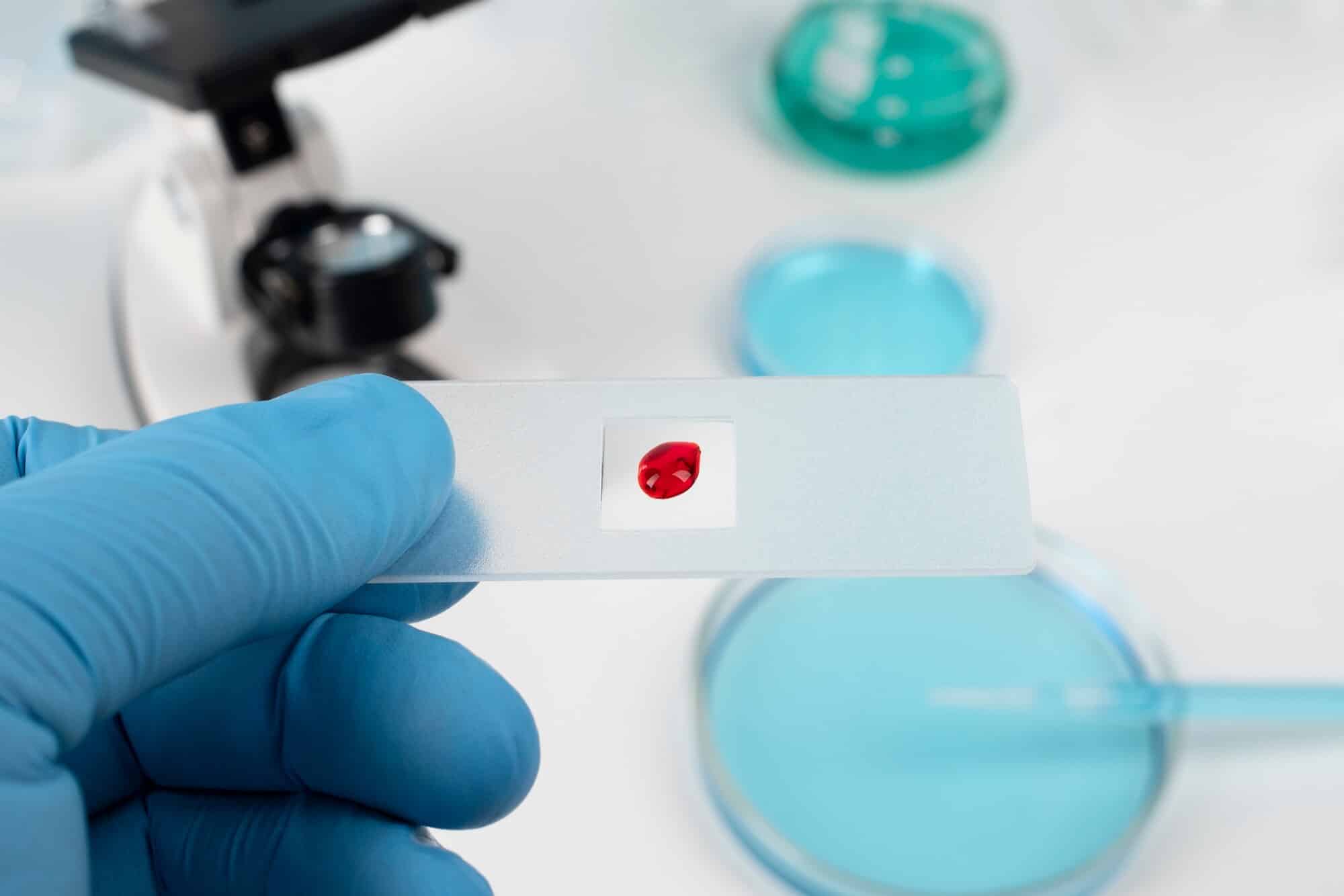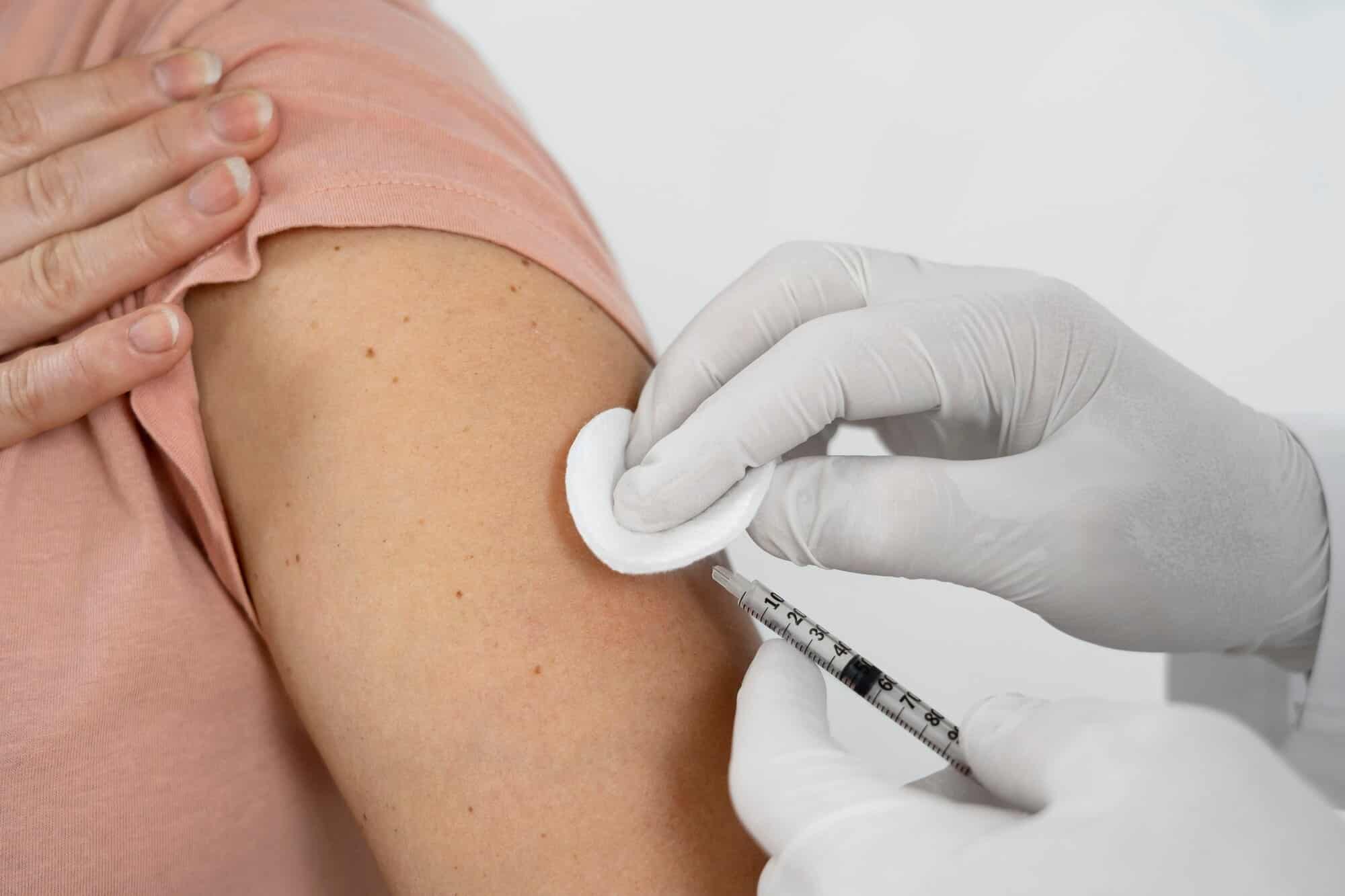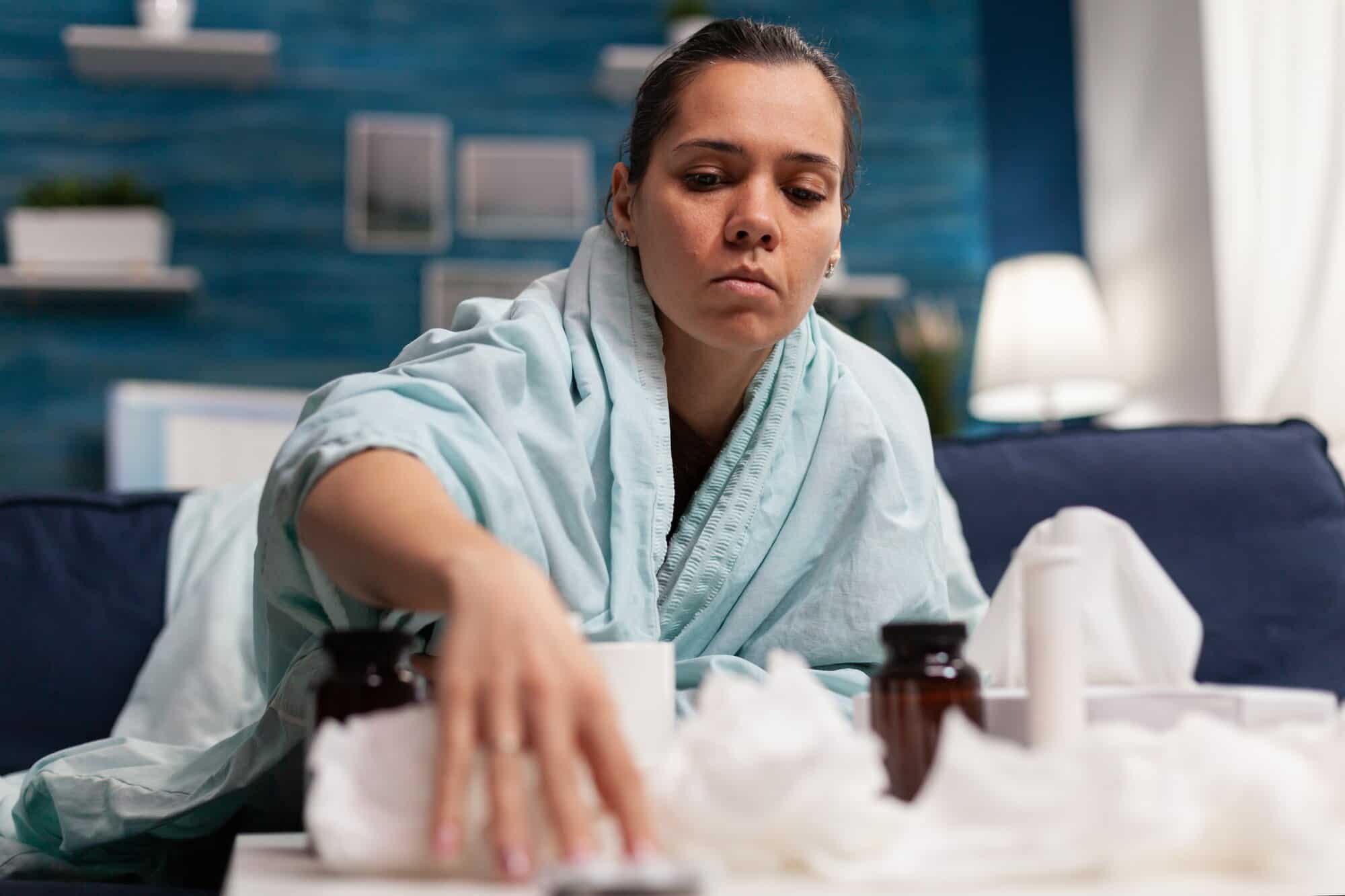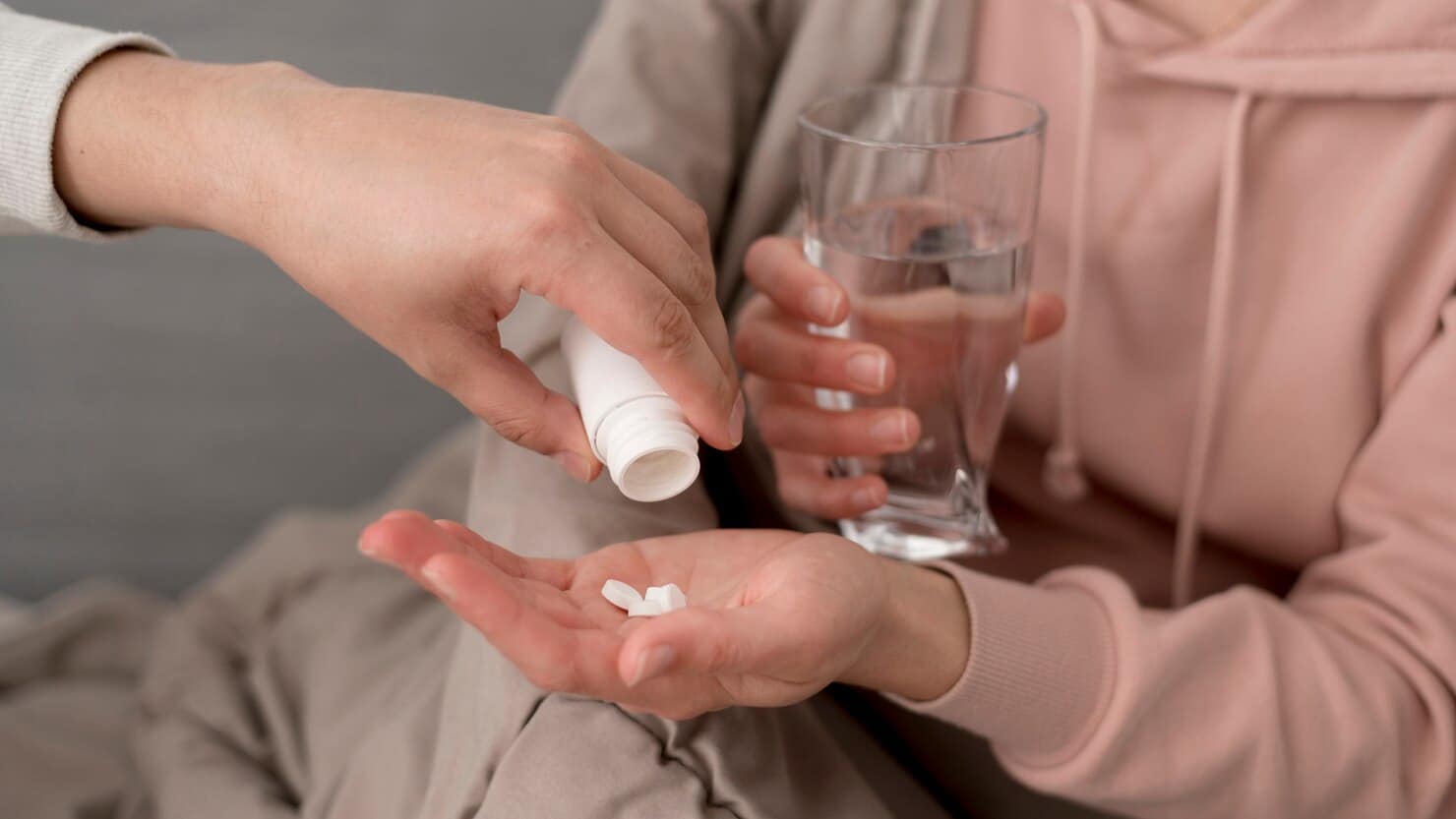No. We have a program for individuals who are uninsured.
Yes. At this time, Equality Health focuses on sexual health. That includes prevention, testing, or treatment. Our goal is to get our hands around the current uptick in sexually transmitted diseases and to provide treatment.
There is not a month long wait to get into our clinic. Patients will be able to set an appointment online through our portal or call our office to set up your appointment. We also keep several “New Patient” appointments on our schedule throughout the week so we can treat as many patients as possible.
Just like any other clinic, we have partnered with insurance companies to provide sexual healthcare for our insured patients. We know that copays, deductibles, and prior authorizations can be hurdles. That being said, we will look at each scenario on a case by case basis to see what you can afford. At the end of the day, you as the patient are taken care of.
We have a form that you can fill out to switch your sexual healthcare provider. All healthcare is based on patient choice, and we want to make it a collaborative effort.
Yes. We are contracted with over 30 pharmacies and look at the overall picture of the patients healthcare to not only provide the most effective medications possible, but to also make sure that you aren’t left with massive out of pocket expenses at the end of the day.
Yes. We are very excited and proud to be able to provide sexual health services to the Latino Community.
The HCV antibody test, also known as the anti-HCV test, is a blood test that shows Hep C. When someone gets infected by Hepatitis C, chemicals called antibodies are released into the bloodstream. This test detects antibodies to diagnose Hepatitis C virus.
Lab tests are generally accurate, but no test is 100% perfect. The accuracy of lab tests depends on a number of factors, including range of normal values, the rate of false results, and whether you need to follow strict protocols, such as fasting before taking the test. Your healthcare provider is the ideal judge of the tests because they are well aware of your conditions.
An antibody score of 0.1 for Hep C does not indicate a positive result. It shows you have no Hepatitis C antibodies in your blood, which means you’ve not been fully exposed to the virus. A score higher than 0.1, however, could mean that you’ve been exposed to Hepatitis C at some point or currently have the virus in your body.
No, Hep C does not show up in routine blood tests. You can only get tested for Hepatitis C when you take a dedicated, anti-HCV test.
You can take a Hep C test at Equality Health in Oklahoma. Healthcare professionals at Equality Health provide pre-test counseling, post-test support, and follow-up tests to ensure accuracy. We do everything we can to make your journey easier and smoother.
You can get tested for STDs at Equality Health in Oklahoma. We provide testing services for a wide range of STDs, including syphilis, Hep B, Hep C, gonorrhea, chlamydia, and HIV. Our healthcare experts have collective experience of over 25 years and strive to provide necessary counseling and support to patients as well as confidential, accurate, and accessible STD testing service in Oklahoma.
Yes, positive tests can take longer than negative results to return from the lab. In some cases, initial test results may not be accurate, so we conduct a retest in the laboratory to ensure accurate results. This can take from a few days up to a week.
The cost of Hep C test depends on various factors, including the type of test, insurance coverage, and the necessity for additional confirmatory tests to rule out false results. At Equality Health, we have different programs to help you get affordable Hepatitis C testing.
No, a normal routine blood test does not detect HIV. You specifically have to opt for an HIV test to detect HIV in your blood.
False negatives STD results are very rare. According to the CDC, 99% of the time, tests that return negative are accurate.
Hepatitis C is treated with direct-acting antiviral (DAA) tablets. When taken for 8 to 12 weeks, DAA tablets can effectively clear the infection in more than 90% of the people. However, depending on your condition, you may have to adhere to treatment longer. The best way is to listen to your healthcare provider.
Drink lots of water to allow your body to hydrate for blood tests. For urine tests, refrain from urinating at least 1 hour before the appointment. If the test involves oral or genital swabs, do not wash the area for at least 12 hours before the appointment. Consult your healthcare provider regarding the kind of test you should take and prepare accordingly.
STD tests are usually very accurate and rarely give out false negatives. However, home test kits can sometimes deliver wrong results because the users may not administer the tests correctly. Similarly, instant or rapid tests are also 90% accurate in detecting true positives and 96% accurate in terms of specificity (reliability of the positive result).
The accuracy of HIV tests depends on the kind of test you are taking and unique conditions of the individual. Viral load and p24 tests do not detect HIV early. An HIV antibody response can be detected after 2 weeks in a few people, but around 99.9% of the people have to wait at least 12 weeks to get accurate results. On the other hand, an antibody test will detect HIV at 4 weeks in 95% of cases. The best way to be sure about the results is to consult your healthcare provider before and after the tests.
The average window period for acute HIV infection is around 8 to 11 weeks, but with a reported range of 2 weeks to 6 months. Recent exposures do not show up on test results until antibody levels are high enough to be detectable. Therefore, a test after 2 weeks might not deliver as much accurate results as a test after 11 weeks. That said, you should always adhere to the guidance of your healthcare provider.
The insurance application may ask whether you have an STD at the time you are filling out an insurance application. However, life insurance does not test for STDs.
For some STDs like HIV, we can provide rapid testing services that can deliver the results within 15 minutes. However, that is not the case for every STD. You may have to wait for a week or more for advanced tests, like viral load or other confirmatory tests.
There are two tests that we conduct to detect STD and STI: Nucleic acid amplification tests (NAATs) and antibody tests. NAATs provide accurate results for STDs like chlamydia and gonorrhea based on the study of DNA of the infection inside your body, while antibody tests detect specific antibodies in your level in cases of HIV or syphilis. The methods to take these tests are blood sample, urine test, and swab test.





